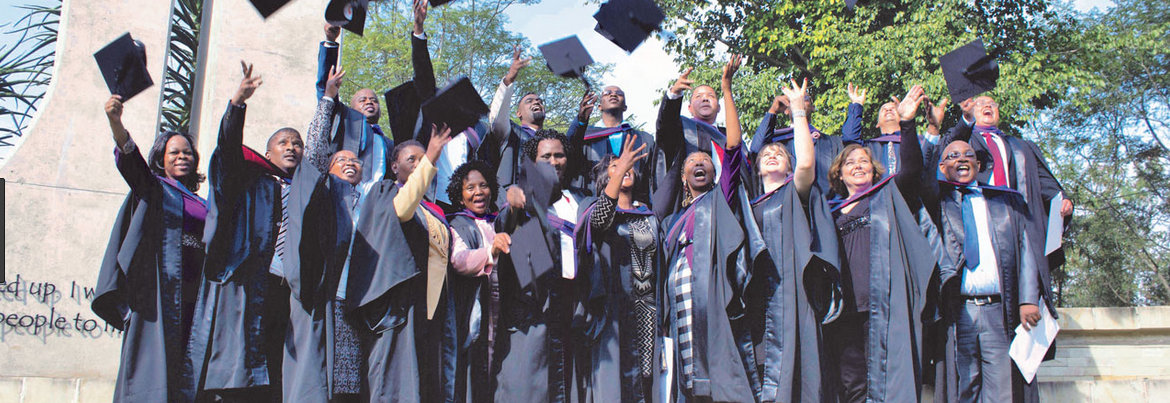The Call Project
/In Sunday’s sermon, I announced what I’m calling “The Call Project,” in which I’m asking each of you to write down and submit a brief version of your “call story.”
What’s a call story?
I explained in my sermon that a call story is a personal story about when and how God called you to fulfill your own particular shape of ministry, whatever that might be. (This is different from what people used to call their “conversion story,” which narrates how and when someone became a Christian in the first place.)
I believe that every Christian has received a unique and personal directive, or “call,” from God which should determine and shape one’s life choices. For a few of us, God’s call is to full-time, specialized ministry within the church, which we call ordination. But for most of us, the call is to embody the love of Christ in our vocations, whatever they might be, and to embrace our spiritual gifts.
While I believe that every person has been called to some kind of ministry by God, I also believe that not every Christian has actually responded to the call. That means not everyone has a call story … at least not yet.
That’s partly the role of a pastor — to help lead people into hearing and accepting the call of God on their lives. I know I’m doing my job well only when I see you responding to God’s call to mission, service, or compassion.
That’s why “The Call Project” is important to me, especially at this moment in time. Before I leave, I would like to know from each of you how you are responding to God. I would love to celebrate your call story with you, as well as to pass the story on to the next pastor, Eric Folkerth.
In my sermon, I argued that every call story has the same basic three-part structure. That story usually goes like this: first, you are making your way through normal, everyday life when, second, a crisis occurs. This disruption or interruption leads to a sudden recognition of your call from God. If you accept the call, then the third stage takes place, in which you begin to live into a new reality, open to God’s guidance.
When you are ready to write your story, try using the following sentence prompts: “I was ____________ (part one: status quo) when ________________ (part two: crisis/disruption), and I realized that God was calling me to ___________________ (your call), and I responded by ________________ (part three: new reality).”
Using that structure, here is how my story of how I was called into the ministry: “I was studying filmmaking in college when, one night as I was praying before bed, I clearly heard God call me to be a preacher, and after I had graduated with my film degree, I responded by enrolling in Perkins School of Theology and beginning the path toward ordination in the United Methodist Church.”
Using the same structure for Saul in the New Testament, here is his story: “I was going to Damascus to arrest Christians when I was blinded by a bright light on the road and heard a voice from heaven which told me that I was to be an ambassador for Christ, and after being healed of my blindness by the kindness of Ananias, I responded by becoming an apostle to the Gentiles.”
See? Your story doesn’t have to be long and complicated, but short and to the point. You’re welcome to use the prompts I’ve given above, or to write something free style.
Please take a few minutes to write out your call story and send to me at wes@kpumc.org. It will bring joy to my heart, and I’ll make sure Eric sees it. Even more important, you’ll see it written down for yourself, a reminder of the divine purpose for your own life.
Oh, one more thing — if you haven’t yet, please take the time to upload a picture of yourself to the church directory on Breeze. If you don’t think you can manage it yourself, we’ll have volunteers take pictures of you after worship over the coming weeks and help you do it! This will also be extremely useful for Eric to get to know all of you.




